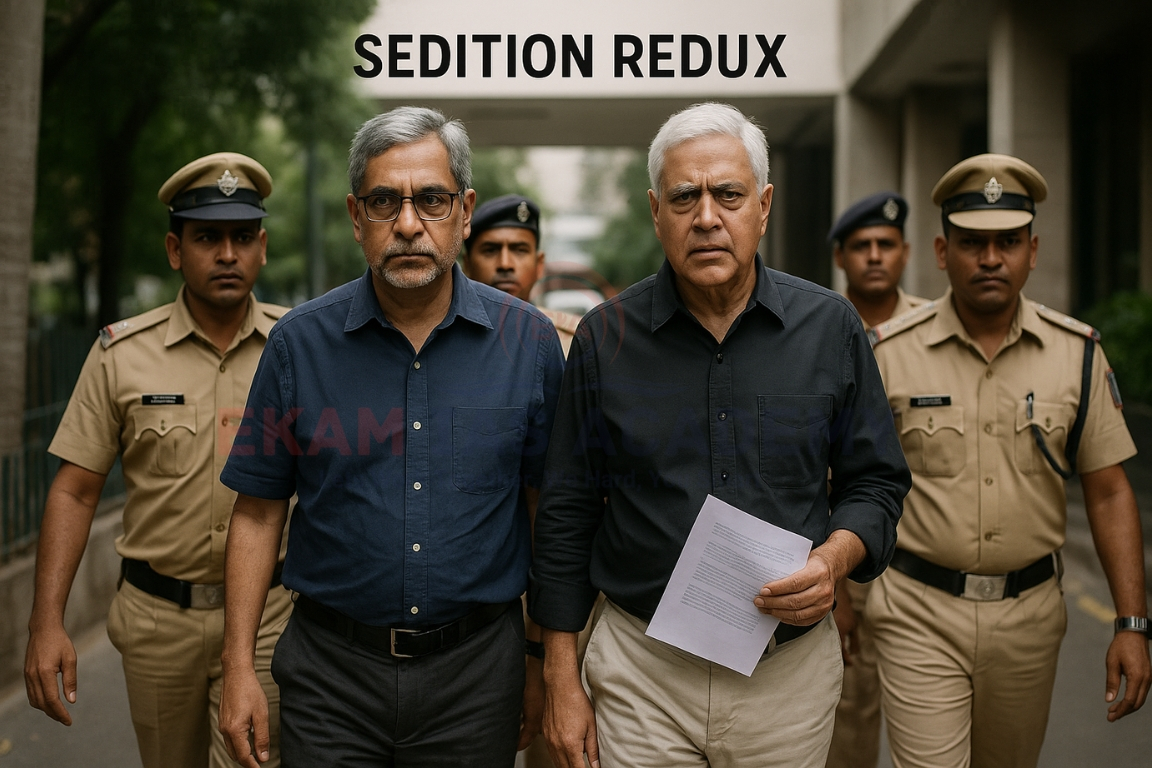The Supreme Court (August 11, 2025) directed all street dogs in Delhi to be captured and kept in shelters. This raised strong criticism for being unscientific, inhumane, and legally questionable. The Court later stayed its order (August 22, 2025), but the issue has sparked debate on humane and effective solutions.
Problems with the Court’s Order
Unscientific Approach
- Large-scale dog shelters have failed even in developed countries.
- Research shows long-term confinement causes aggression, stress, and spread of diseases.
- Example: U.S. “pound system” led to mass killings and health risks.
Health and Ecological Risks
- Crowded shelters can spread rabies and leptospirosis.
- Disposal of dead animals poses environmental hazards.
- Removal of dogs creates an “ecological vacuum” — dogs from neighbouring States would move in.
- Reduction in scavenger dogs may increase rats and monkeys, worsening public health issues.

Social Concerns
- Street dogs often support the homeless by offering companionship and security.
- The narrative of “dog-lovers vs. poor victims” is misleading; urban poor also benefit from coexistence with dogs.
Governance Diversion
- The focus on dogs hides deeper urban problems such as poor infrastructure, corruption, flooding, inflation, and allegations of electoral malpractice.
- Municipal Corporation of Delhi (MCD) has failed to run effective sterilisation programmes.
Humane and Scientific Solutions
Animal Birth Control (ABC) Programme
- Proven effective in cities like Jaipur and Jodhpur where sterilisation and vaccination reduced stray dog numbers.
- Supported by WHO and India’s National Action Plan for Rabies Elimination (NAPRE).
- Delhi’s poor results are due to low funding, poor planning, and weak accountability by MCD.
Legal and Constitutional Aspects
- Earlier SC ruling (2024) upheld ABC Rules, 2023 that promote humane management.
- Article 51A(g) of the Constitution directs citizens to show compassion towards living beings.
- State-backed cruelty violates constitutional morality.
Balanced Approach
- Dangerous dogs may be isolated and observed, but mass capture is neither practical nor ethical.
- Evidence-based and targeted interventions are required.
Conclusion:
The Supreme Court’s initial order was a mistake that ignored science and compassion. The real responsibility lies with governance failures, particularly the MCD’s neglect. Humane sterilisation and vaccination, not mass shelters, are the sustainable way to manage stray dog populations and ensure public safety.





